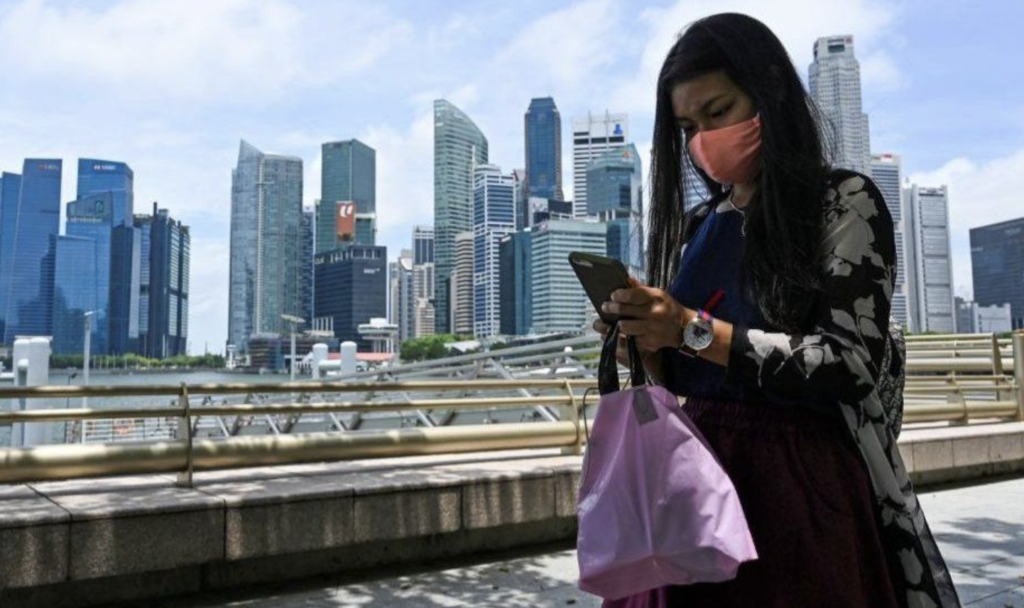Despite the Covid-19 situation, housing developers in Singapore have sold more than ten thousand homes locally in 2020, more than what was transacted before Covid-19 struck in 2019. Just in December alone, about one thousand two hundred private homes changed hands, which is more than 50 percent as compared of the month of November. It was also the highest number of units recorded for the month of December since the year 2012. The Penrose condominium which launched for sales in mid-2020 saw a 60 percent take up rate of its units on the first 3 days.
Local experts attribute the phenomenal performance to 4 unique drivers;
1. Previous recipients of collective sales proceeds are finally making a move to re-invest in the property market.
2. Singaporean home purchasers are confident in securing their jobs during this uncertain times due to the various government incentives.
3. HDB upgraders are purchasing new private residences after selling their first home at a profit.
4. Very low interest rates have made borrowing costs cheap, and putting money in the bank expensive. For example, based on The Watergardens at Canberra Price for a 1 bedroom unit, at a 1.5 percent interest on the loan, it amounts to a cost of borrowing of about $800 a month only.
The attractiveness of the Singapore property market may have been enhanced worldwide with its regular good reports of curbing the spread of Covid-19 locally. However, analysts have observed median home sizes shrinking while prices per square feet (PSF) remain high. This trend was blatant at the launch of the new development in District 5 called One North Eden, where the average price of units transacted was close to $2,000 PSF. Experts say if this trend is left unchecked, home owners looking to improve their status and lifestyle will have no choice but to acquire smaller apartments. This is not ideal given the current focus of having professionals work from home, where the lack of space for the couple to conduct their individual job activities will affect the feasibility of this arrangement.
“When the couple do not have their own private space within their home to do their job effectively, they will seek alternatives like doing their work at an internet cafe or at a work station in the public. The increase of such cases will jeopardize Singapore’s control on the spread of the Covid-19 virus, and may eventually discredit the nation’s good standing as a safe haven for residence.” says an expert on the matter.

